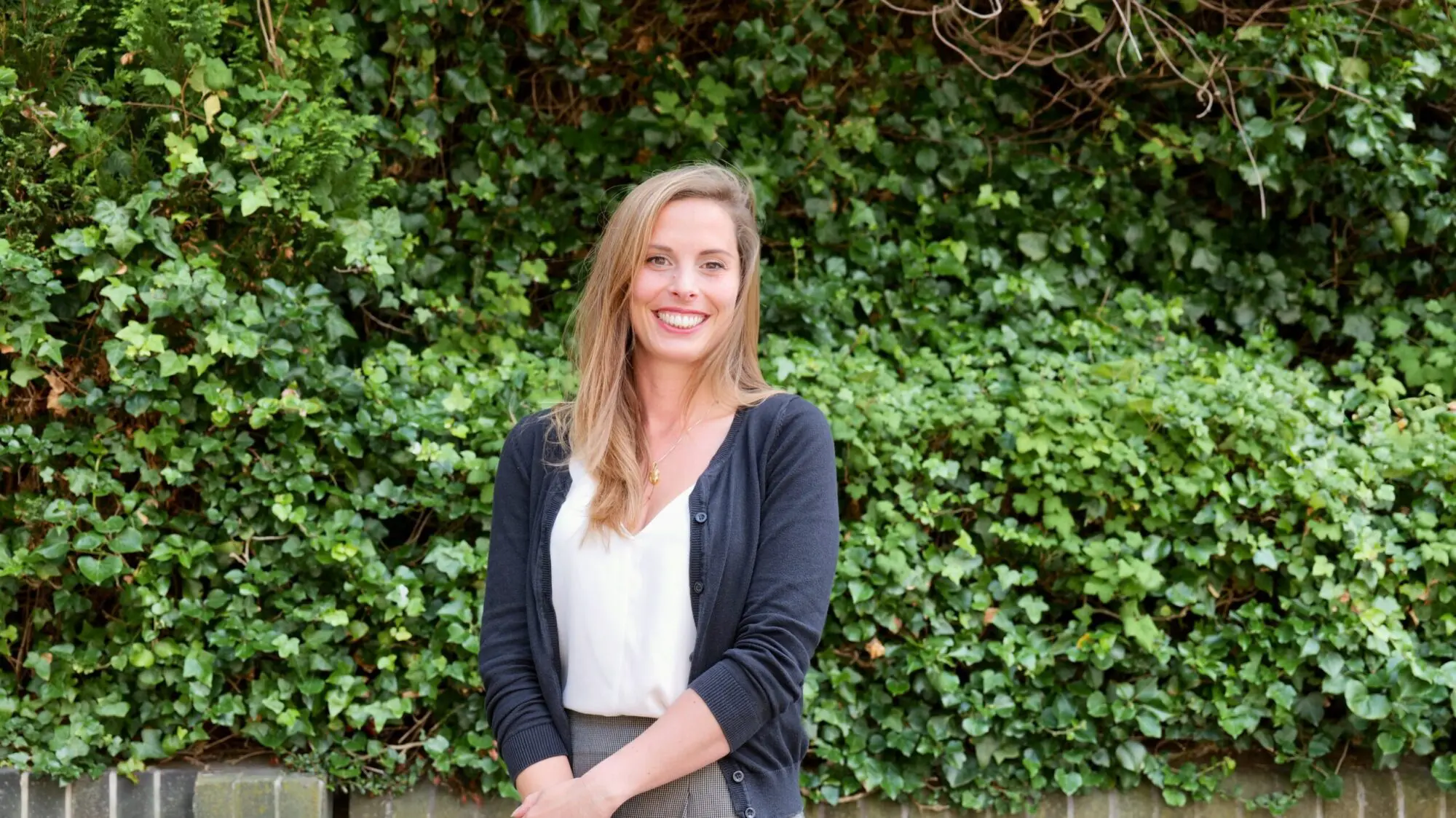Introducing Cohort 7 | Footprint Bio

Next up in our meet the cohort series, we have Footprint Bio. In this blog, we hear from Founder, Dr Jess Stokes, telling us what inspired her to start this company, her proudest moment so far as a founder and what problem she is solving.
Tell us about your startup – what problem are you solving and why does it matter?
Footprint Bio is tackling the hidden but growing challenge of insect-related risk in land-based sectors. From biting midges affecting tourism and property valuations to pest outbreaks threatening forestry. Insect pressures are intensifying; yet they remain poorly measured and managed.
We’re building a science-led geospatial platform that predicts and maps bite and nuisance risk at the parcel level, helping landowners, estates, public bodies and developers make informed, site-specific decisions. These risks aren’t just a nuisance, they cost the Scottish economy hundreds of millions annually, and they’re likely to worsen with climate change.
Tell us more about the team at Footprint Bio and your background
I am Dr Jess Stokes, Founder of Footprint Bio. I am an entomologist with over 12 years of experience, working on biting insects in both field and laboratory settings. My academic background includes a PhD in Surveillance and Epidemiology from the University of Liverpool and postdoctoral research at The Pirbright Institute.
I have developed predictive models for insect activity and aim to translate ecological data into decision-support tools for land-based sectors. While Footprint Bio is currently a solo venture, I’m supported by a network of scientific advisors drawn from her academic and research background.
What inspired you to start this company?
After years of fieldwork, often while being eaten alive, I saw how insect impact was routinely underestimated. Whether it was a ruined holiday, a postponed forestry harvest, or an undervalued estate, the signal was clear: the nuisance and cost of biting insects were real, yet unquantified. I became frustrated that so much scientific insight sat unused while land decisions were made reactively.
Footprint Bio grew from that; a way to bring ecological intelligence out of academia and into the hands of people who manage the land every day.
What are Footprint Bio’s goals during the Geovation Scotland accelerator programme?
During the Geovation Scotland programme, I’m aiming to build our early MVP, validate it with potential users, and solidify our data architecture, particularly around Ordnance Survey and Registers of Scotland integration.
I also want to deepen our public sector relationships and understand how our insights can support planning, land valuation, and adaptive management. Finally, I’d like to define our go-to-market strategy, pricing tiers, and potential partnerships as we move toward early pilots.
What’s been your proudest moment so far as a founder?
Taking the first steps to turn a long-standing research interest into a real-world solution has been a significant moment. Building the foundations of a company from scratch, from shaping the idea to engaging with early stakeholders, has been both challenging and hugely rewarding. Just getting the concept out of my head and into something others can interact with feels like a major achievement.
Are you currently looking for partners, investors, or talent? How can people support you?
At this stage, Footprint Bio is focused on building relationships across the land, environment, and data sectors. I am always keen to connect with others working at the intersection of ecology, technology, and rural decision-making; whether that’s through conversation, collaboration, or knowledge sharing.
If you’re working with insect data, land planning, public health, or geospatial tools, I would love to hear from you.